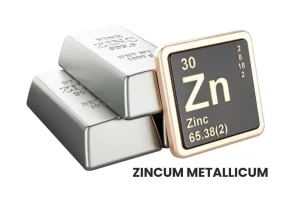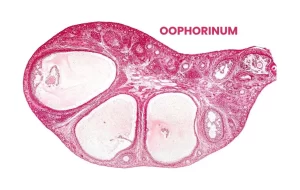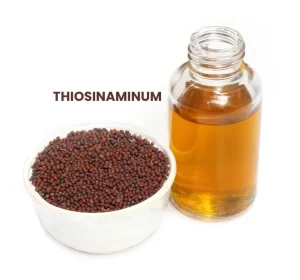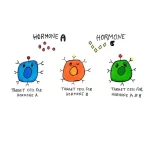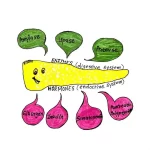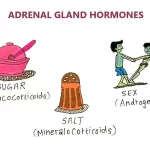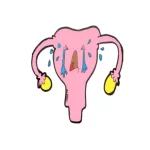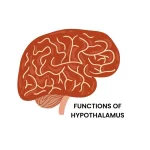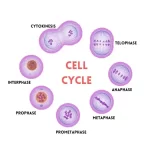Name Your Topic
STAY CONNECTED
YOU MAY ALSO LIKE TO READ
- FINGER PRICK METHOD OF BLOOD COLLECTIONLearning the finger pricking method of blood collection is a primary requirement of physiology students. First choice is given to the ring finger.
- MECHANISM OF HORMONAL ACTIONThis post is about Endocrinology of Hormones, its chemistry, how they are regulated and the Mechanism of Hormonal Action.
- THYROID HORMONES3 hormones -Tetraiodothyronine, Tri-iodothyronine & calcitonin.T4 is known as thyroxine & it forms about 90% of total secretion, where as T3 is only 9%-10%.
- HORMONES OF PANCREASThe endocrine part of the pancreas has many rounded collections of cells called as pancreatic islets (the islets of Langerhans).Islets of Langerhans consist of four types of cells.
- ADRENOCORTICOIDSAdrenal cortex hormones are steroids in nature. They are classified into 3 groups:1.Mineralocorticoids, 2.Glucocorticoids, 3.Sex hormones based on functions.
- NORMAL BLOOD GLUCOSE LEVELIn a healthy person, Blood Glucose level is controlled in limited range. • In early morning after overnight fasting*- 70-110 mg/dL of blood. • First & second hour after meals (postprandial*)- 100 to 140 mg/dL.
- PHASES OF MENSTRUAL CYCLEMenstrual cycle is the monthly cyclical changes in ovaries & uterine lining of female, 4 phases are-Menstrual, Follicular, Ovulatory & Luteal.
- THE NEURONThe neuron is defined as the structural and functional unit of the nervous system. It is having nucleus and all the organelles in cytoplasm.
- FUNCTIONS OF HYPOTHALAMUSHypothalamus regulates many vital functions of body like Endocrine, visceral, metabolic activities, hunger, thirst, sleep, wakefulness, emotions etc.
- CELL CYCLE AND MITOSIS CELL DIVISIONCell cycle and mitotic cell division is a continuous process that can be divided into 3 phases. 1. Interphase, 2. Mitosis and 3. Cytokinesis.

